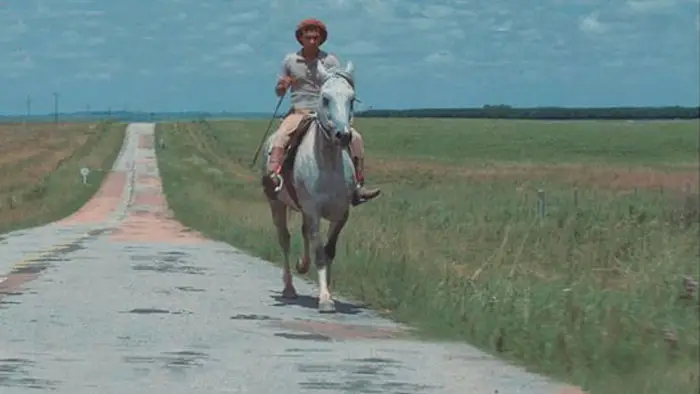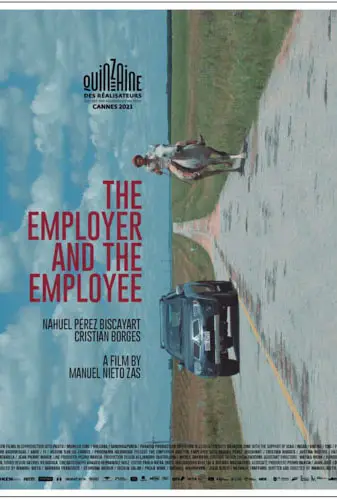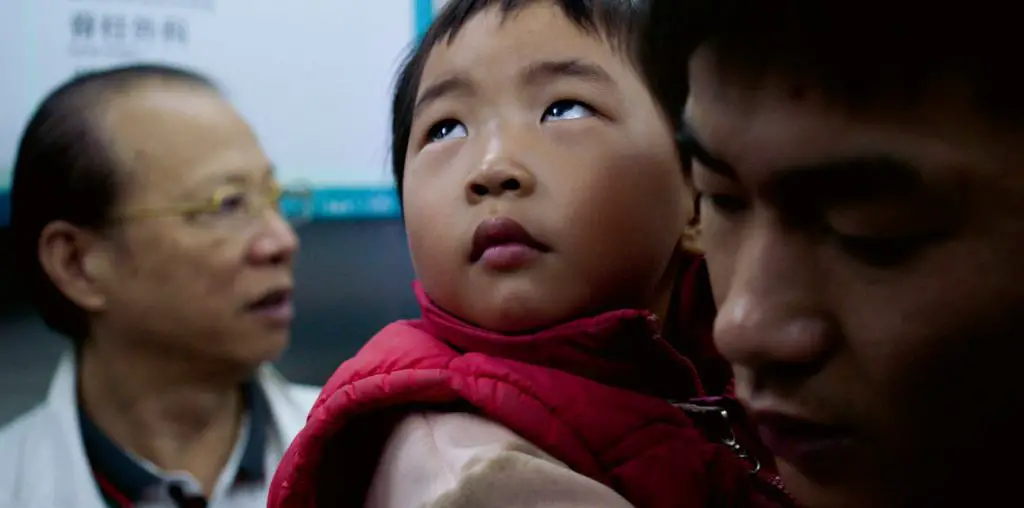
Uruguayan writer-director Manuel Nieto, whose past directorial works include The Militant and The Dog Pound, returns with The Employer and the Employee. Under Nieto’s sedate direction, the reticent protagonists of this understated drama clumsily balance family, responsibility, and personal ambition, making for an appropriately subdued thriller that’s as much as an authentic exploration of guilt as it is an unfussy critique on social class.
The movie documents the lives of a young employer, Rodrigo (Nahuel Pérez Biscayart), and his teenage employee, Carlos (Cristian Borges). Rodrigo supervises the harvesting and shipping of crops at his soy plantation. Yet, his agribusiness ventures are not enough to distract him from his main concern: his baby’s health. Carlos is the son of a land laborer who worked for Rodrigo’s landlord father in the past. The teen, who is a new father as well, is recommended as a good candidate for simple land work at Rodrigo’s plantation. Despite having no license or experience, Rodrigo hires Carlos because he’s desperate for drivers who can harvest the land.

“Despite having no license or experience, Rodrigo hires Carlos…”
On a basic level, both characters seem to be very similar, such as both having a newborn in their midsts. Even so, the two feel disconnected to some extent. Carlos is obsessed with maintaining his relationship with his horse over his daughter. Rodrigo regularly flees to a nightclub to avoid dealing with his baby’s potential illness. After a workplace accident results in the death of Carlos’ baby daughter, he is devastated. Since Carlos was operating equipment without a license, the Union plans to sue Rodrigo, who is technically liable.
Naturally, the protagonists of The Employer and the Employee undergo varying rates of guilt. For Carlos, it is far more severe because it was his daughter who died after he got distracted. In addition to feeling partly responsible, Rodrigo is unsure of how the lawsuit will impact him. Despite being weighed down by guilt, Carlos is determined to compete in the Santa Clara horse race. The marshy horse race brings the disparate families together, and the tension between them is palpable yet realistically suppressed.

"…fueled by modestly stirring performances..."


